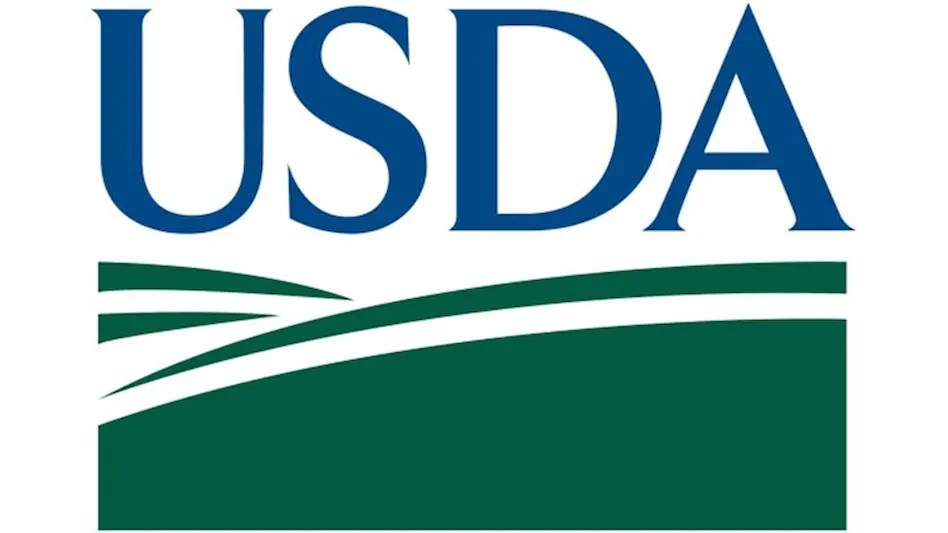 According to the Salt Institute, a meta-analysis of more than 160 studies published November 9 in the American Journal of Hypertension confirms what it has been warning for years:
According to the Salt Institute, a meta-analysis of more than 160 studies published November 9 in the American Journal of Hypertension confirms what it has been warning for years:
Low-sodium diets trigger a negative chain reaction in the body that increases the risk of diabetes, stroke, heart attack, and heart disease, the Institute said, adding that contrary to the conventional wisdom of federal agencies overseeing nutrition and health, sodium has only a "small effect" on blood pressure.
Although blood pressure reduction may be beneficial to a limited number of individuals, a peer-reviewed study on the impact of low-salt versus high-salt diets on health published in the American Journal of Hypertension, concluded that dramatic salt reductions achieved only a slight reduction of 3.5 mmHg in mean blood pressure for individuals with hypertension, and not more than 1 mmHg in people without hypertension. The authors from the Copenhagen and Bispebjerg University Hospitals in Denmark provided an update of the Cochrane Systematic Review of 167 clinical studies. The researchers then took the study a step further by looking at the other impacts that occur when individuals are placed on a low-salt diets (defined as 1,600 mg sodium per day—a level that is consistent with the current Dietary Guidelines for Americans).
Individuals placed on low-salt diets had a significant increase in plasma renin, plasma aldosterone, plasma adrenaline, and plasma noradrenaline levels —all risk factors for cardiovascular disease and diabetes. In addition, those placed on the low-salt diets developed significantly increased cholesterol, particularly low-density cholesterol, and large increases in triglycerides, both of which increase the risk of stroke, heart attack and heart disease.
The authors said the body's physiological mechanisms (renin, aldosterone) immediately kick in to retain salt when the body detects lower than required salt intakes. That is very likely the reason why enormous salt reductions have demonstrated little effect on reducing blood pressure.

Explore the December 2011 Issue
Check out more from this issue and find your next story to read.
Latest from Quality Assurance & Food Safety
- Frank Yiannas, Aquatiq Partner to Expand Global Reach of Food Safety Culture
- World Food Safety Day 2025 Theme: Science in Action
- Ancera Launches Poultry Analytics System
- USDA Terminates Two Longstanding Food Safety Advisory Committees
- Catalyst Food Leaders Announces Virtual Leadership Summit for People in Food
- Food Safety Latam Summit 2025 Set for Mexico City
- AFDO Webinar Series Offers Strategies for Difficult Times
- FDA, USDA Rehire Some Staff, Multiple Sources Report





